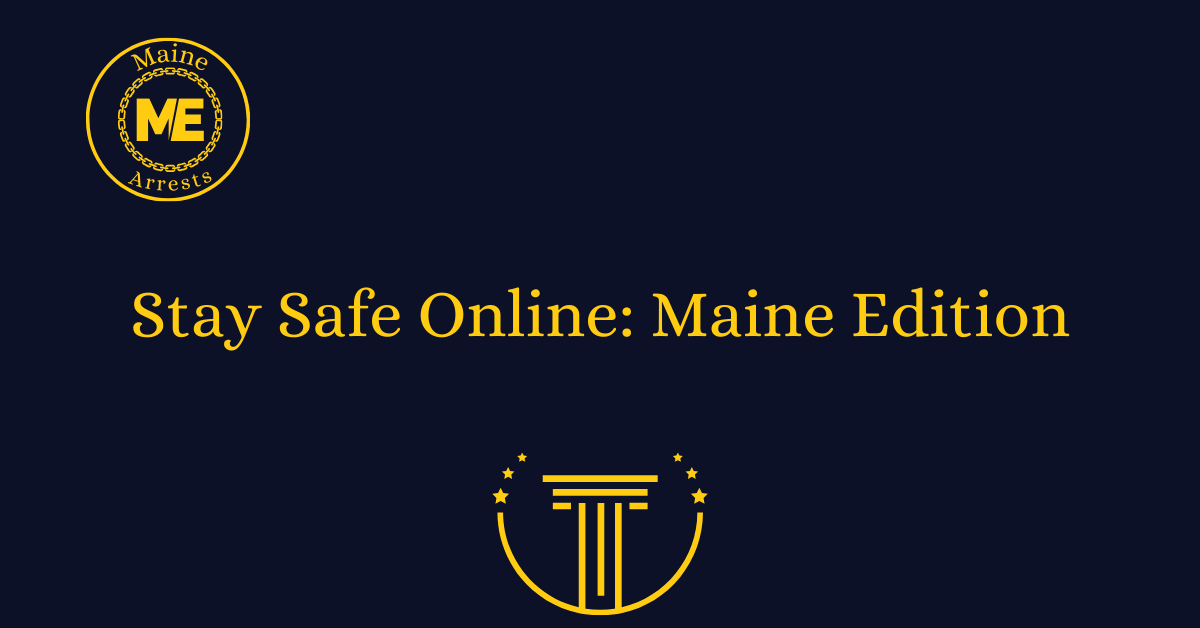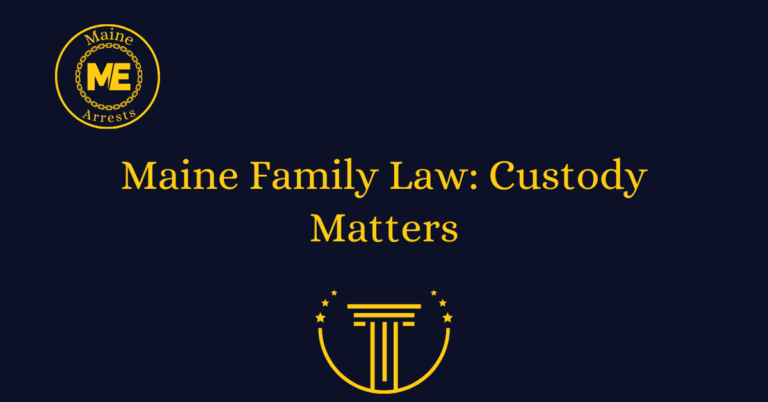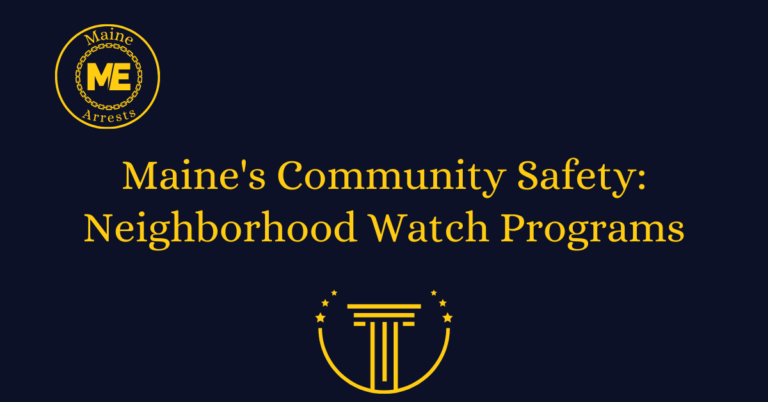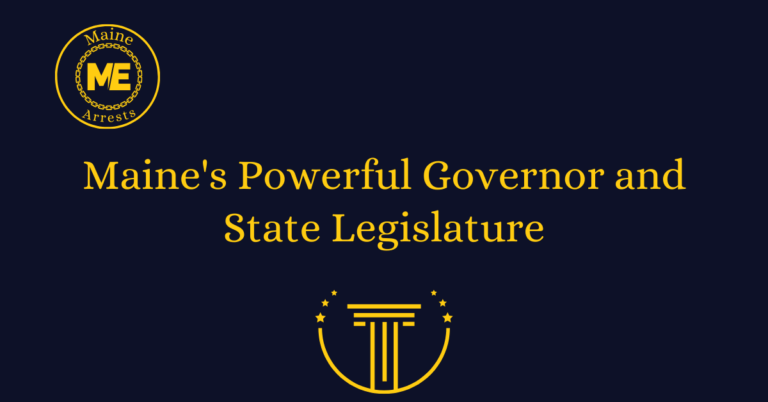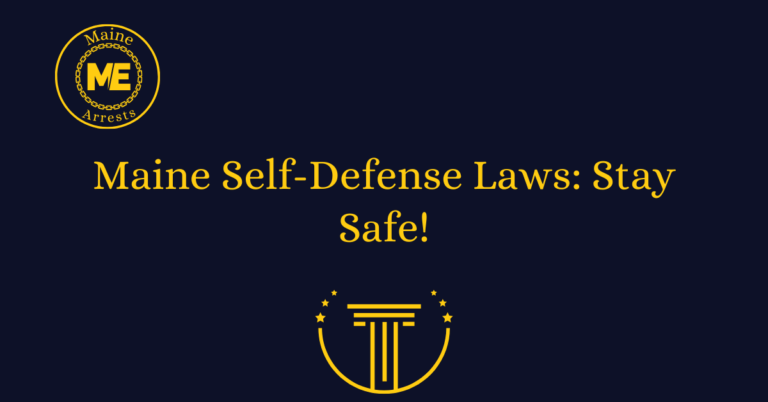Stay Safe Online: Maine Edition
In an increasingly digital world, ensuring your safety online is paramount. Maine, with its vibrant communities and picturesque landscapes, is no exception. From bustling cities to remote coastal towns, Mainers rely on the Internet for communication, work, education, and entertainment. However, this reliance comes with risks, ranging from cybercrime to privacy breaches. In this article, we’ll explore practical tips and strategies tailored to Maine residents to stay safe and secure in the digital realm.
Understanding the Risks
Before delving into protective measures, it’s essential to understand the risks that Mainers face online. Cyber threats such as phishing scams, malware, identity theft, and data breaches can target individuals and businesses alike. Moreover, Maine’s unique demographics, including its ageing population and rural communities, present distinct challenges regarding internet access and digital literacy.
Securing Your Devices and Networks
Securing your devices and networks is the first line of defence against cyber threats. Ensure that all your devices, including computers, smartphones, and tablets, have up-to-date antivirus software installed. Regularly update your operating systems and applications to patch security vulnerabilities. Utilize strong, unique passwords for each online account and consider using a reputable password manager to keep track of them securely.
For home networks, enable encryption protocols such as WPA2 on your Wi-Fi router to prevent unauthorized access. Change the default administrative passwords and regularly update your router’s firmware. Additionally, consider implementing a firewall and network monitoring tools to detect and block suspicious activity.
Practising Safe Browsing Habits
Developing safe browsing habits is crucial for safeguarding your online experience. Exercise caution when clicking on links or downloading attachments, especially in unsolicited emails or messages. Verify the legitimacy of websites before entering sensitive information, looking for HTTPS encryption and reputable security seals.
Be wary of public Wi-Fi networks, particularly in high-traffic areas such as cafes and airports. Avoid accessing sensitive accounts or transmitting confidential data while connected to these networks. Instead, use a virtual private network (VPN) to encrypt your internet connection and protect your privacy.
Protecting Your Personal Information
Protecting your personal information is essential to prevent identity theft and privacy breaches. Limit the amount of personal data you share online, especially on social media platforms. Review and adjust your privacy settings to control who can access your information and how it’s shared.
Be cautious when providing personal or financial information to websites, ensuring they have a secure connection and a legitimate purpose for collecting your data. Monitor your accounts regularly for any unauthorized activity and report suspicious transactions to your financial institution promptly.
Educating Yourself and Others
Continuous education is key to staying ahead of evolving cyber threats. Stay informed about the latest security trends, scams, and best practices through reputable sources such as cybersecurity blogs, government websites, and online forums. Consider attending workshops or webinars on cybersecurity topics tailored to Maine residents.
Share your knowledge and experiences with friends, family, and colleagues to raise awareness about online safety. Encourage them to adopt secure practices and provide support and guidance as needed, especially for individuals with limited digital literacy.
FAQs
What are the specific online security challenges faced by residents of Maine?
Understand the unique online security challenges that may arise in the context of Maine. Factors like rural connectivity, local cyber threats, and regional online habits can influence the digital landscape. Stay informed about these challenges to enhance your online safety.
How can I secure my personal information while using online services in Maine?
Follow best practices for online security, such as using strong and unique passwords, enabling two-factor authentication, and being cautious about sharing personal information. These measures are crucial for protecting your online identity, especially in the context of Maine’s digital environment.
Are there recent cyber threats or scams affecting Maine residents?
Stay updated on recent cyber threats and scams targeting Maine residents. Regularly check local news sources, cybersecurity alerts, and community forums to be aware of any emerging online dangers.
What steps can I take to protect my privacy on social media in Maine?
Social media platforms can be vulnerable areas for privacy breaches. Review and adjust your privacy settings on social media, be cautious about the information you share, and regularly audit your friend or connection lists to ensure you only connect with trusted individuals.
How can I secure my online transactions and financial information in Maine?
When conducting online transactions, ensure that you use secure and reputable websites. Monitor your financial accounts regularly for any unauthorized transactions, and consider using virtual private networks (VPNs) for added security, especially when using public Wi-Fi.
Are there specific Maine laws or regulations regarding online privacy and security?
Research and familiarize yourself with any state-specific laws or regulations related to online privacy and security in Maine. Understanding the legal framework can help you navigate online activities more securely.

